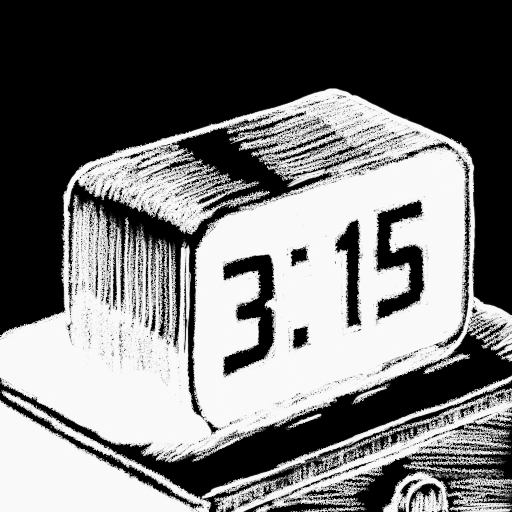
The Essential Don Coles
This book was the first of any I’ve read that had me take out a highlighter. I’ve since extended this practice to all poetry reading I do, marking titles and lines that stand out to me. For this review I will break down the poems in this collection that resonated with me.
Death of Women (Sometimes All Over, 1975)
This is such a fascinating poem because it conveys at least a short story’s worth of narrative in twenty-four tight lines. There’s a whole science fiction/horror tale happening here, and the way it’s summarized in poetic verse is like hammer blows on a block of iron. I love this piece because it speaks to my desire for clarity and brevity in my own work, while managing to imply something greaterthan what’s on the page. Coles distilled the essence of a world-altering event and when I read what he’d written, it was like adding water to a compressed, dehydrated pill that blossomed into something impossibly larger. Flash fiction, indeed.
Abandoned Lover (The Prinzhorn Collection, 1982)
I had an experience once, where I woke up in the middle of the night after an evening together with a secretary I’d met at work. I was in her studio apartment, and the lights were still on. It was deathly quiet, aside from our breathing, and for just an instant an intense and overwhelming sense of loneliness struck me. I could clearly imagine all the days she spent in that room, alone. Coming home from work to darkness, waking up mornings by herself, weekends of reading or staring out a window.
This poem brought that feeling screaming back to the forefront, and the closing lines:
… No, the worst
is remembering she is somewhere,
doing new things.
perfectly bookended that epiphany I’d had some twenty years earlier. To me that is often the magic in a poem: many of the words are scaffolding or structure, there to hold up the few phrases that really matter.
Self-portrait at 3:15 AM (Forests of the Medieval World, 1993)
Although this poem is based on the Edvard Munch painting, it reads to me as a genuine reflection of Coles. He was sixty-six years old when this poem was published, and once more he manages to relate the swing of a man’s life from youth to old age in a handful of lines. Coles really has a gift for saying so much more than what’s written. Furthermore, it is very refreshing for me to read pieces drenched with traditional romance like this. It’s become rare, at least in what I find from POETRY and social media.
2023.12.07